As I read the news today, I was reminded of a powerful illustration of how legacies are attached to names, and what significance that has for leaders. Sixty years ago today, Queen Elizabeth II ascended to the throne and became Queen of Canada upon the death of her father, King George VI.
King George VI
In July 1972, I stood in a small side chapel within St. George’s Chapel at Windsor Castle. After seeing elaborate graves all over London with wonderfully carved statues, long inscriptions about the person’s importance and so forth, here was a simple marble slab in the floor bearing just a name: George VI. His name, on its own, is all that needs to be recorded, such was his legacy of leading Britain and the Commonwealth through World War 2 while caring for the people.
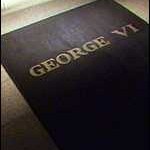
Queen Elizabeth is another remarkable inspirational leader whose name, I’m sure, will bring a legacy to mind for a long time. She is to be congratulated for a remarkable reign of sixty years and counting.
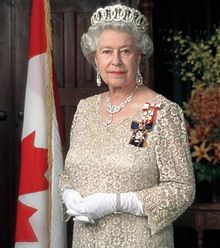
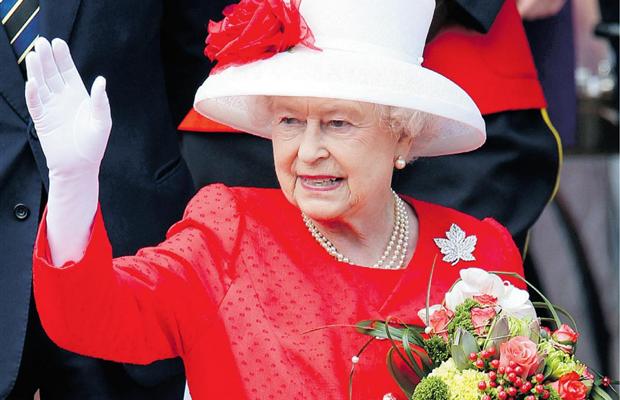
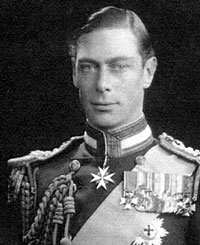
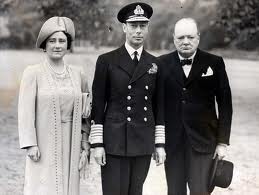
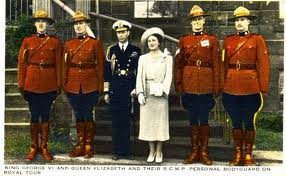
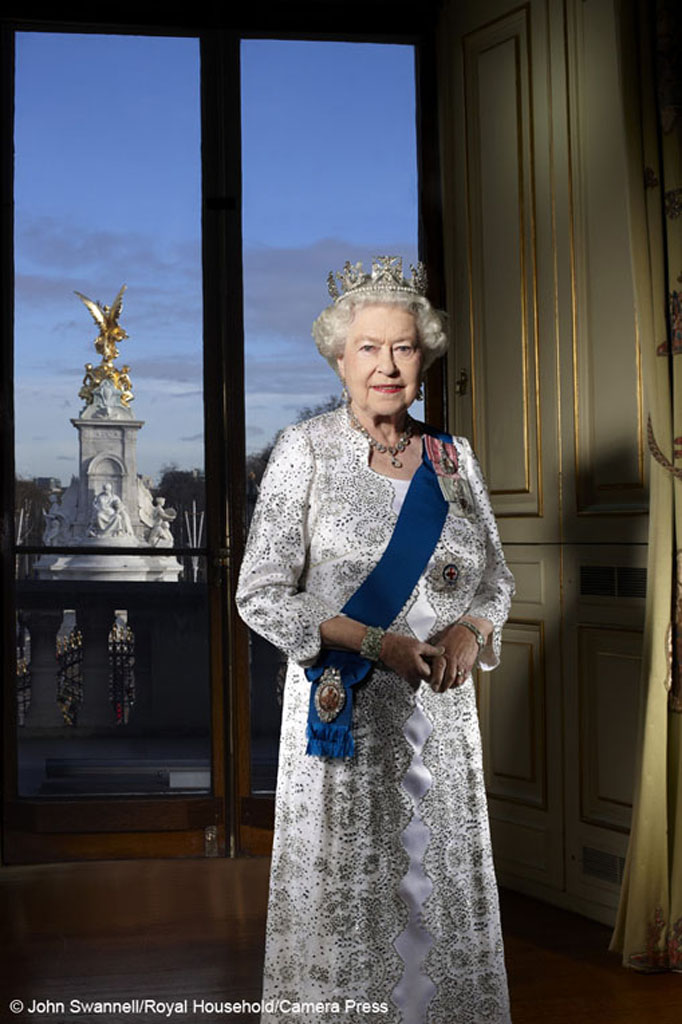
Queen Elizabeth is an amazing woman who provides leadership as Head of State not only to the U.K., but also as Head of State to fifteen other nations (including Canada). Furthermore, another 38 member nations of the Commonwealth also follow her leadership. Her dedication to her role, her ability to stay steady through turmoil, her simple style and her graciousness have inspired me. I believe her greatest legacy is simply the way she’s lived her life in service to others.
Today, one columnist wrote about Queen Elizabeth saying,
“In this present time of glaring, intrusive, nasty media, it is hard to imagine the proportions of the Queen’s achievement in serving 60 years, every one of them as one of the most prominent and publicized people in the world, without one gaffe, one embarrassing photograph, one injudicious utterance or slip on a banana peel, literal or metaphoric. Queen Elizabeth II has personified the British middle-class virtues: moderation, unflamboyant consistency and unflappable reliability.”
Queen Elizabeth, as her father did, represents the best of the figurehead leader. While every leader has at least a small figurehead role, those who are only figureheads have very little real power. What power they have is pretty much ceremonial and their ability to get anything done depends more on leading by example than by authority. But in spite of that, some figureheads have so much personal power they can accomplish a lot. The Queen fulfills the figurehead role admirably and embodies the aspirations of people everywhere to live lives of civility, graciousness and a whole lot more.
What’s your legacy?
As a senior leader, you fulfill a figurehead role for sure, but you also have the authority to direct an organization and get results. How will you be remembered twenty or thirty years after you retire? What attributes will people talk about? What will be your lasting imprint on your ministry? It would be really nice if in 2060 or so someone mentioned my name with regards to CCCC and a listener said, “Ah yes, John Pellowe. He…” and then some nice thing or other is said. What would you want said?
Is life about individual accomplishment? About doing? Is it really “all about me”? Or is it about us and how we lived together and what we did for each other?
I hope to accomplish a lot, through my own work and that of the CCCC team, during my time in leadership here. However, given that Christianity is fundamentally about relationships, between us and God and us and other people, I think our legacies that endure will be about how we cared for each other, inspired one another, and helped our neighbours. Here are some things I think would be worthy to be on a leader’s wish list for a legacy:
- Your leadership produced an outstanding crop of gifted people who filled mid and senior leadership roles from within for a generation
- During your term the organization learned how to live out its values and this culture of authenticity endures “to this day”
- People still tell stories of how you gave them their big break that opened doors for them to flourish in their ministry careers
- The fun and pride people had working together as a team during your tenure is still the stuff of organizational lore decades later
Take a moment and write down your list of words or phrases you’d like to have associated with your name.

Then ask the question: Is the way I am currently leading going to leave a legacy anything like what I have just thought about? If not, now is the time to do something about it. Now is the time to create the history you want to be told to new generations later on.
- I believe a rich enduring legacy will not simply be a list of accomplishments, although there will certainly be accomplishments in a leader’s legacy.
- It will not actually be about you or me as if the goal in life is to say “Look at me!” It will be about us as conduits, about how we obediently followed God, received the gifts and roles he gave us and acted as one of his means to bless others and help them to be the great person God intends them to be.
- It will be how we made other people feel about themselves, how they believed more about their abilities and future, and about how we helped them to have more significance, more meaning in their lives.
- In the end, what matters for leaders is the influence our leadership had on others and what they were able to accomplish because of our influence.
I realize that my accomplishments today are the result of many people who believed in me and who got me to where I am today and those who work with me day-by-day. While I need to accomplish things to fulfill my job responsibilities, my true leadership will be measured by how well I helped other people to do the same.
A good name is more desirable than great riches; to be esteemed is better than silver or gold.
Proverbs 22:1



Well said John!